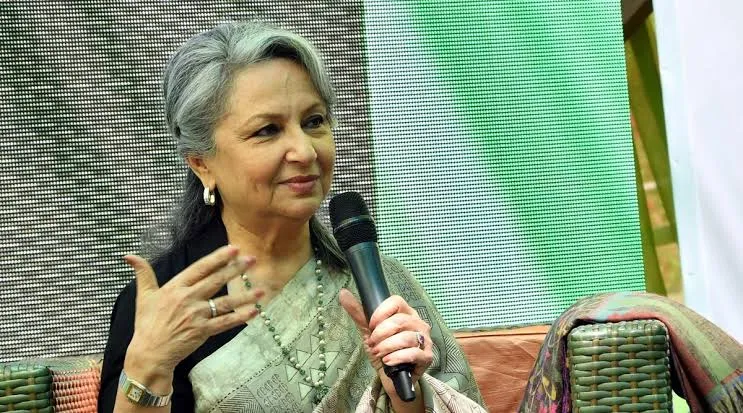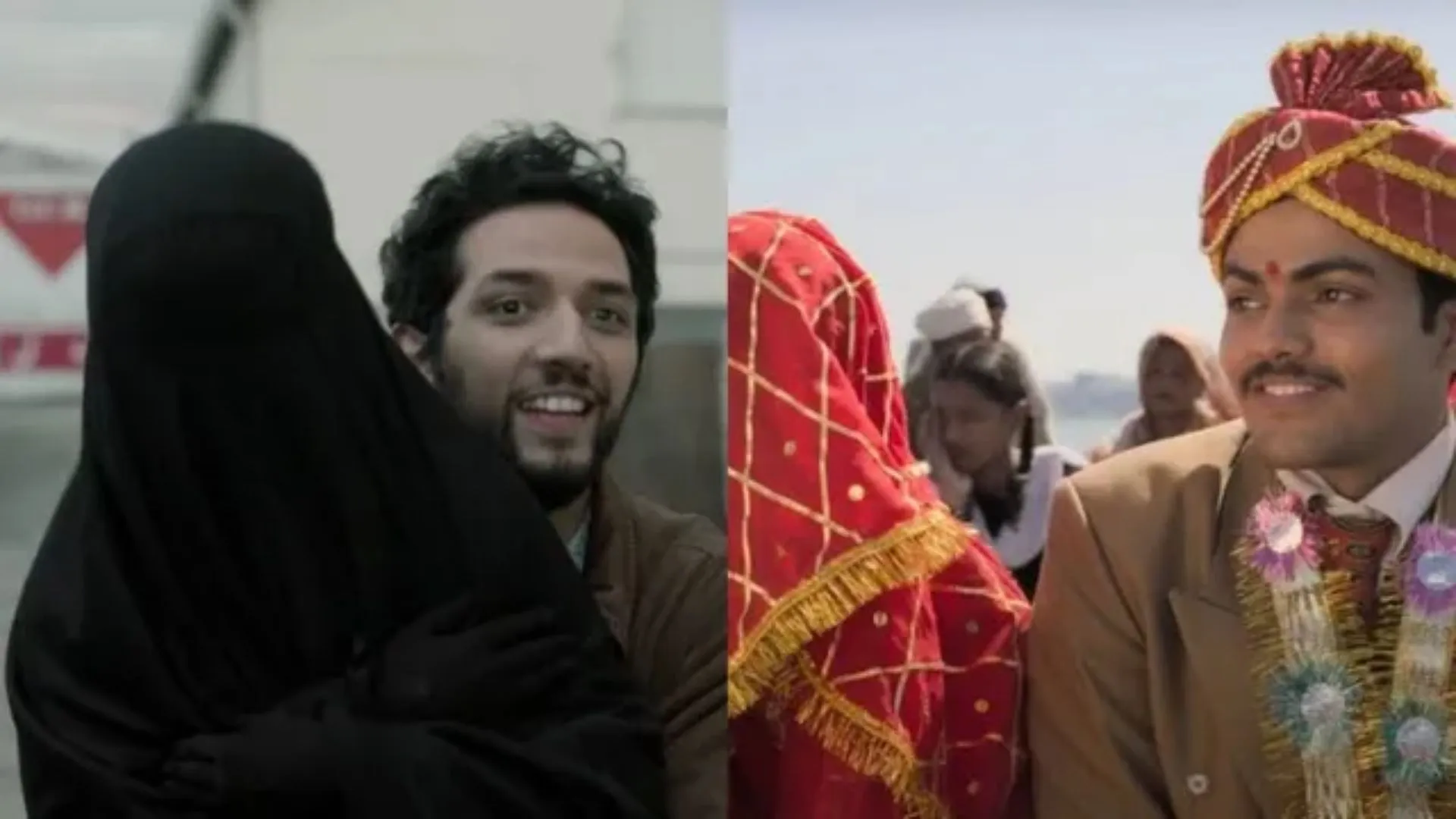West Bengal Chief Minister Mamata Banerjee addressed questions about her potential successor in the Trinamool Congress (TMC), stating that the decision would not rest with an individual but would be a collective effort by the entire party. Speaking to media sources, she said, “I am not the party; ‘we’ are the party. It is a collective family, and decisions will be made collectively.” She emphasized that the TMC is a disciplined party that operates on the principles of teamwork and shared decision-making.
The chief minister further elaborated on the party’s internal dynamics, asserting that no single individual wields absolute authority in the TMC. “We are a disciplined party where no individual will dictate terms. The party will decide what is best for the people. We have MLAs, MPs, booth workers… this is a joint effort,” she said. Banerjee’s comments highlight the party’s approach to inclusivity and collaboration, positioning TMC as a collective force rather than being centered around one person.
Balancing Generations: “Today’s Newcomer Will Be Tomorrow’s Veteran”
Addressing speculation about internal rifts between senior leaders and younger members of the party, Banerjee stressed the importance of recognizing everyone’s contribution to the organization. She described the party as an evolving entity where new leaders are groomed over time. “Today’s newcomer will be tomorrow’s veteran,” she remarked, adding that the party’s strength lies in its ability to integrate and elevate members at all levels.
The statement comes amid reports of differences between veteran leaders seen as loyal to Banerjee and younger leaders who are reportedly closer to Abhishek Banerjee, the party’s national general secretary. Despite these speculations, the chief minister’s message sought to convey unity and a forward-looking vision for the party.
Grassroots Strength: Booth Workers as the Backbone of Elections
Banerjee also touched upon the crucial role of grassroots workers in elections, underscoring their importance in connecting with voters and ensuring electoral success. She remarked, “Some strategists make surveys sitting at home and change them later. They can arrange things but not bring voters. It’s the booth workers who know the villages and people who actually win elections.”
The chief minister’s remarks served to reaffirm her faith in the party’s foundational structure, where the efforts of booth workers and local leaders remain pivotal to achieving electoral victories. She subtly criticized the over-reliance on external political consultants, emphasizing the irreplaceable value of those who work directly on the ground.
A Legacy of Leadership
Having led the Trinamool Congress to significant victories since 2011, when she ended the Left Front’s 34-year rule in West Bengal, Mamata Banerjee remains one of India’s most prominent political leaders. Her statements reflect a blend of her experience, commitment to collective leadership, and vision for nurturing the next generation of leaders within her party.
As questions about the future of the TMC persist, her insistence on collective decision-making and grassroots engagement underscores her belief in a unified and inclusive approach to leadership, which she sees as essential for the party’s continued success.
Read More : Supreme Court Refuses Bail In Drug Case, References ‘Narcos’ And ‘Breaking Bad’






















